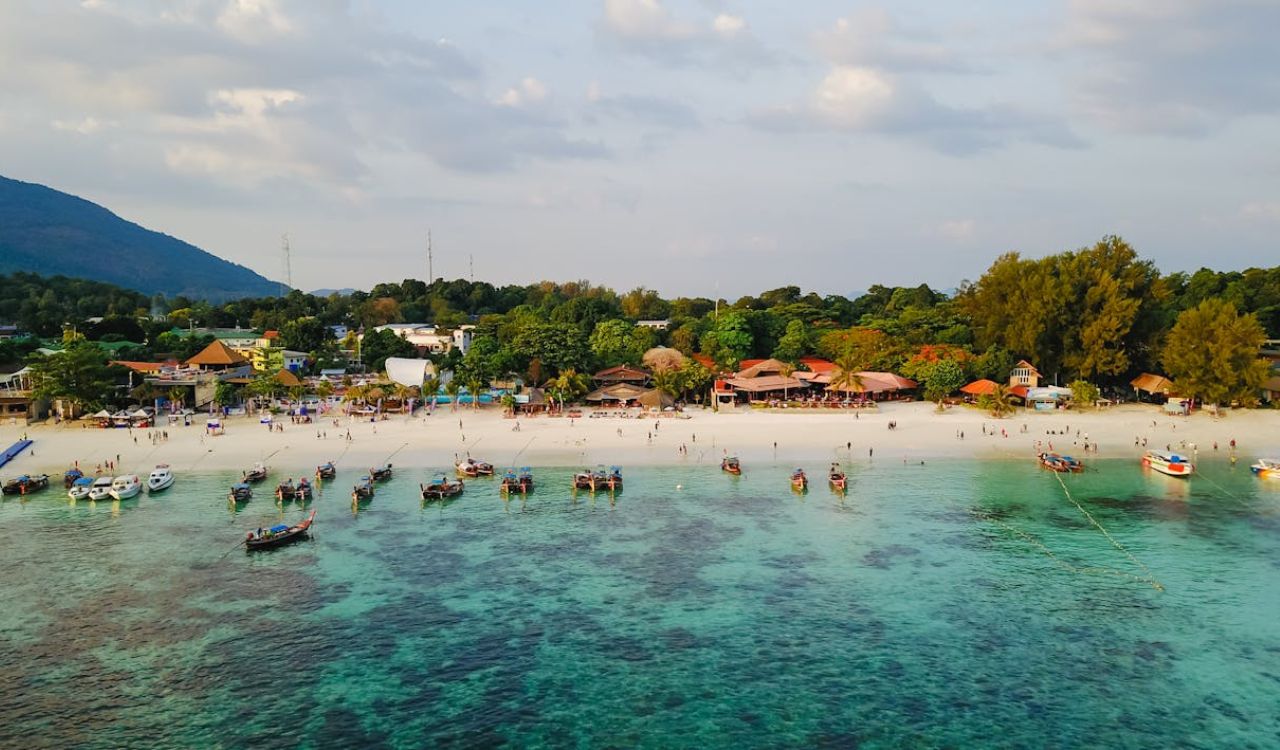12 Destinations Couples Need to Know Tipping Dos and Donts

Traveling as a couple is exciting, but tipping customs can be confusing and even stressful. What’s polite in one country might be insulting in another. Whether it’s a romantic dinner, a cozy stay, or a guided tour, tipping mistakes can leave the wrong impression or hurt your budget. This guide reveals 12 popular destinations where tipping practices vary—and explains the dos and don’ts every couple should know before they travel. It’s your go-to cheat sheet for navigating global gratuities with ease and confidence.
Japan

In Japan, tipping is not part of the culture. Offering money beyond the bill can make staff uncomfortable or confused, as excellent service is seen as a standard, not something extra to reward. Most places will politely refuse your tip or return it if left behind. Couples should avoid tipping in restaurants, taxis, or casual services. The one exception might be high-end ryokans or private tour guides, where a small tip in a clean envelope may be accepted. When unsure, don’t tip—respect is shown through manners, not money.
United States

Tipping in the U.S. isn’t optional—it’s a standard part of service industry income. At restaurants, a 15–20% tip is expected; hotel staff, bartenders, and taxi drivers also rely on tips. Failing to tip can offend and may signal poor manners. For couples visiting from countries where tipping isn’t common, this can be a surprise. It’s smart to factor gratuity into your daily budget and talk in advance about who will tip and how much. A little planning helps avoid stress, embarrassment, or awkward encounters.
France

In France, particularly in restaurants, the service charge (“service compris”) is typically included in your bill. That means tipping isn’t required—but rounding up or leaving some small change is a kind gesture. For couples, this removes the pressure to do complex math or guess the right amount. Leaving one or two euros at cafés or after romantic dinners is perfectly polite. For taxis, rounding up also works. Over-tipping might confuse locals or come across as unnecessary, so keep it simple and subtle.
Mexico

In Mexico, tipping is expected and warmly received in restaurants, hotels, and tourism services. Standard restaurant tips range from 10–15%, while bellboys, cleaners, and valet attendants should receive small, regular amounts. Couples visiting resorts or bustling cities will find that tipping ensures faster, more courteous service. It’s best to carry small denominations of pesos to tip fairly and consistently. Just be mindful not to over-tip, which can distort local expectations and increase costs for everyone.
Italy

Tipping in Italy is relaxed and rarely expected in the American sense. Many restaurants already include a small service charge (called “coperto”), and if not, rounding up the bill or leaving a couple of euros is more than enough. For couples, this keeps things simple and pressure-free—no awkward calculations after that romantic dinner. For hotel porters or taxi drivers, tipping is polite but not mandatory. It’s more about the gesture than the amount. Being courteous and friendly often matters more than the money.
Thailand

Tipping in Thailand is not a local requirement, but in tourist areas, it’s becoming more common—and always appreciated. Couples dining at restaurants or enjoying spa services can leave 20–50 baht as a thank you. Hotel staff and tour guides also welcome small tips. Keep in mind that while it’s not expected, wages in Thailand are often low, so even small amounts go a long way. Carrying smaller bills makes it easier to tip when appropriate. A kind word and smile along with your baht makes the gesture even better.
Germany

In Germany, tipping is expected but done with precision. At restaurants, rounding up the bill or adding 5–10% is the norm. What’s different here is how it’s done: hand your tip directly to the server, saying the total you wish to pay—don’t just leave coins on the table. Couples dining out or catching a taxi should apply the same approach. Tipping is considered a thoughtful thank-you, not a performance. Germans value efficiency and courtesy, so keep it modest, direct, and always appreciated.
Australia

Australia doesn’t have a strong tipping culture. Since service workers are paid fair wages, tips are not expected but welcomed for outstanding service. At restaurants, it’s polite to round up or leave 10% if the experience was exceptional. Couples traveling through cities or beach towns can relax about tipping rules—no pressure, just personal choice. For hotel staff and taxi drivers, small tips are fine but not necessary. Tip when it feels deserved, not out of obligation or habit.
Egypt

Tipping, or “baksheesh,” is woven into daily life in Egypt. From helping with bags to offering directions or service at restrooms, tipping is expected almost everywhere. Couples exploring pyramids, markets, or hotels should keep plenty of small bills on hand. The amounts don’t need to be large—5 to 20 Egyptian pounds is typical—but the frequency of tipping can be surprising. While it may feel overwhelming at first, it’s seen as respectful and generous behavior. Embrace it, and you’ll be treated warmly in return.
South Africa

In South Africa, tipping is a meaningful part of the service experience, especially in tourism. Couples should tip 10–15% at restaurants, and tour guides, porters, and hotel staff often expect gratuity as well. In safari lodges, it’s common to tip both guides and trackers. These tips support local communities and help improve job quality. It’s best to carry cash and offer it directly. Tipping here is about more than custom—it’s a way to contribute positively during your romantic journey.
Brazil

In Brazil, most restaurant bills already include a 10% service charge, so there’s generally no need to tip more unless the service truly stood out. Couples can double-check their receipt for “serviço incluído.” If not listed, leaving a small tip is a kind gesture. Hotel staff and drivers also appreciate modest tips, though it’s not mandatory. Just avoid over-tipping, as it may make locals uncomfortable or create confusion. Show appreciation through kind interaction and a respectful attitude.
Iceland

Iceland simplifies tipping—there’s no need to leave anything extra. Restaurants, taxis, and hotels already include service in their pricing, and wages are high enough that staff don’t rely on tips. For couples hiking glaciers or dining by the sea, there’s comfort in knowing you won’t need to calculate percentages or carry coins. If you’re impressed with the service, a sincere thank-you or positive online review is more than enough. It’s a culture that values respect over rewards.